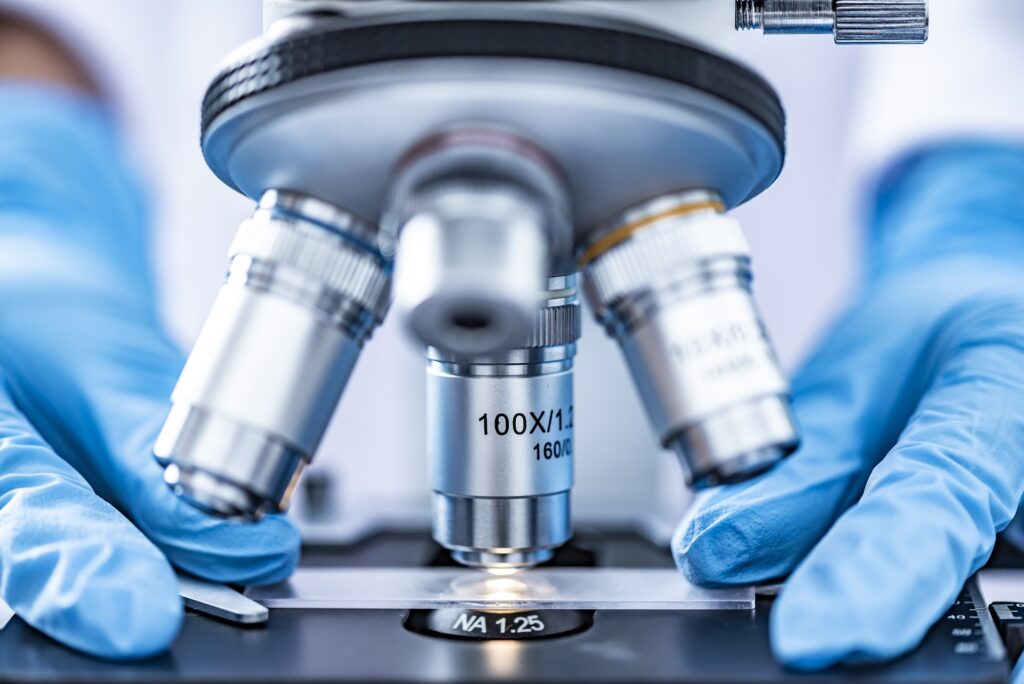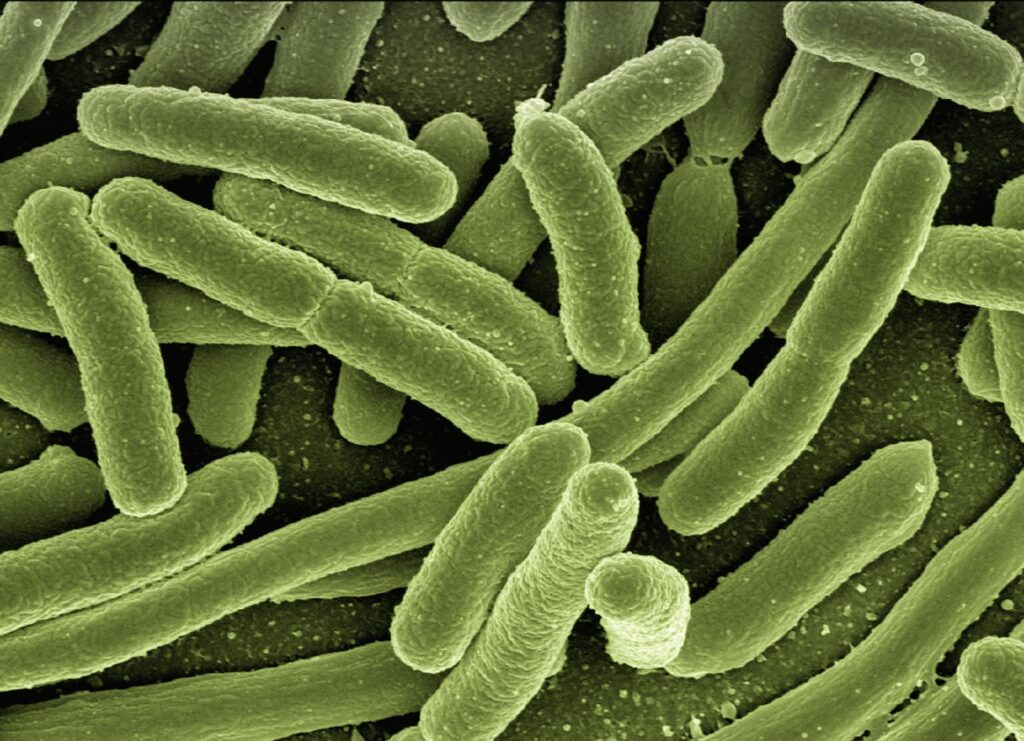Microbiology
Our laboratories are equipped to carry out a comprehensive range of microbiological analysis on a range of materials using culturing, phenotypic analysis, and Most Probable Number (MPN) techniques.
Our team has over three decades of experience implementing our microbiology techniques within industry, Government bodies, and research institutions.
Microbiology – specialised analysis
The types of materials we can analyse include a range of environmental waters, soils, digestates, and wastewater, testing for pathogens and sanitary indicator organisms such as Escherichia coli, Faecal coliforms, Enterococci, Sulphite-reducing Clostridia, Clostridium perfringens, and Salmonella spp. We also carry out analysis for heterotrophic bacteria and antimicrobial resistance markers.
We have worked extensively on wastewater treatment and treatment technologies, treatment of organic wastes (sewage sludge, animal manures, food and green waste by anaerobic digestion, composting, and heat treatment) including chemical and microbiological safety. The analysis of environmental waters is critical for prevention of pollution, as it can help to identify sources of contamination which can enable mitigation measures to be implemented. Waste treatment technologies are an important part of addressing the increasing focus on a sustainable way of dealing with organic waste both here and in developing countries.
Whether you are carrying out environmental monitoring, addressing environmental contamination, ensuring wastewater safety or optimizing waste treatment systems, our microbiological services provide the expertise and tools to solve your challenges.
Claire Newman, Environmental and Biochemical Sciences Research Assistant
We can undertake molecular microbiological analyses including quantitative PCR for enumeration of specific target organisms (via known DNA markers) and metagenomics work on DNA derived directly from environmental samples. Analysing these types of samples this way can be advantageous, as these methods are often more sensitive than more traditional methods and can therefore be used to detect small numbers of the target organism. They can also be used to identify multiple targets from a single sample, which can reduce time and therefore costs.


